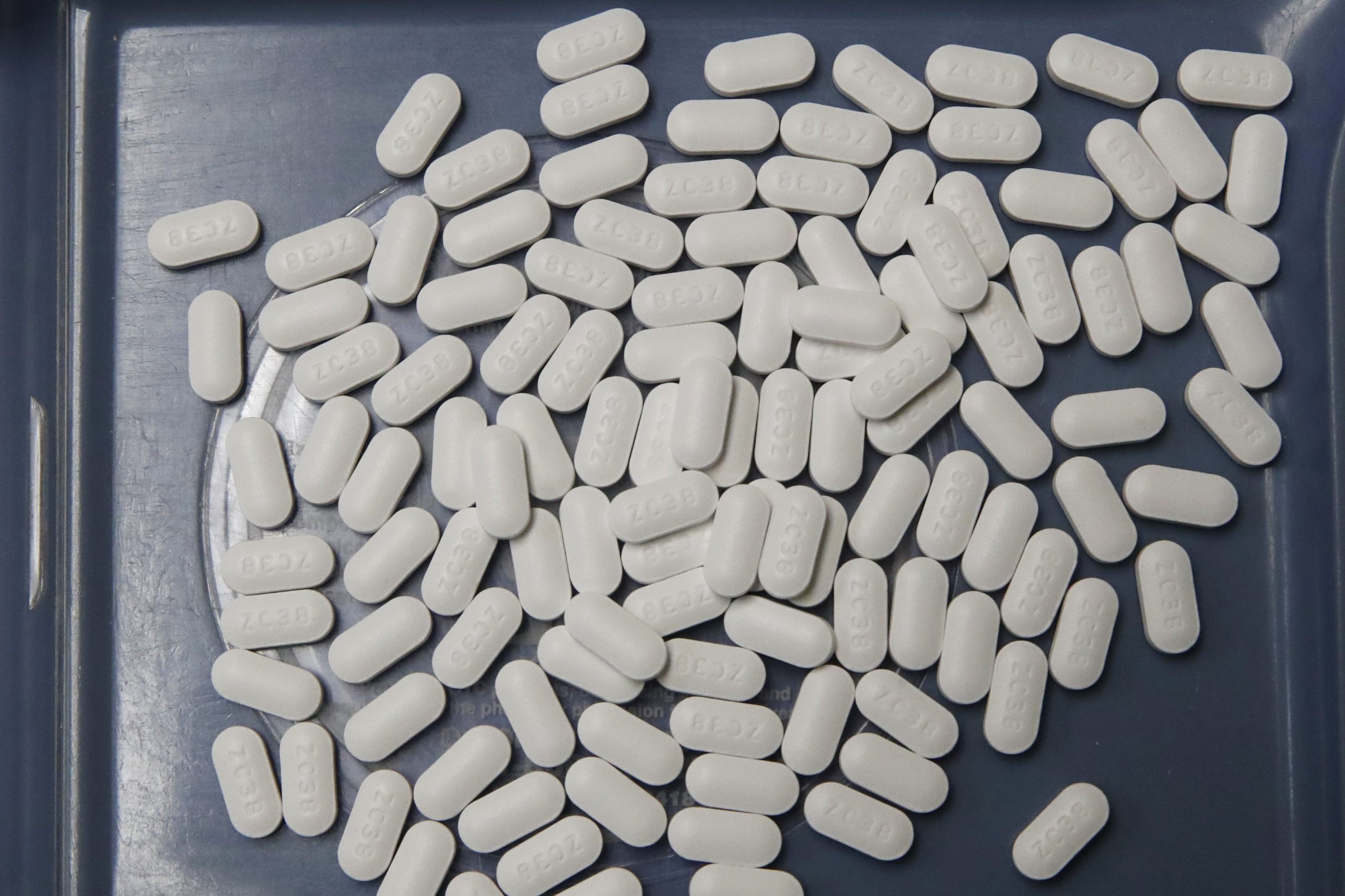The World Health Organization on Wednesday announced that it is abandoning use of the anti-malaria drug hydroxychloroquine in the Solidarity trial—the organization’s massive, global clinical trial of potential COVID-19 treatments.
The WHO cited early data from the trial and others showing that hydroxychloroquine does not lower the risk of death or provide any other clinical benefit in hospitalized patients.
“Investigators will not randomize further patients to hydroxychloroquine in the Solidarity trial,” the WHO said in a statement. “Patients who have already started hydroxychloroquine but who have not yet finished their course in the trial may complete their course or stop at the discretion of the supervising physician.”
The decision comes just two days after the US Food and Drug Administration revoked its Emergency Use Authorization for hydroxychloroquine and the related drug chloroquine. The EUA had allowed doctors in the United States to prescribe the drugs for treatment of COVID-19 patients outside of clinical trials.
Like the WHO, the FDA made its decision to revoke the EUA based on early trial data that showed “no evidence of benefit for mortality or other outcomes such as hospital length of stay or need for mechanical ventilation.”
One of the main sources of that data is the Recovery Trial, a large, randomized trial in the UK run by researchers at the University of Oxford. On June 5, the lead investigators of the trial announced they were halting the use of hydroxychloroquine after reviewing early data.
“A total of 1,542 patients were randomized to hydroxychloroquine and compared with 3,132 patients randomized to usual care alone,” they reported. “There was no significant difference in the primary endpoint of 28-day mortality (25.7% hydroxychloroquine vs. 23.5% usual care; hazard ratio 1.11 [95% confidence interval 0.98-1.26]; p=0.10). There was also no evidence of beneficial effects on hospital stay duration or other outcomes.
“These data convincingly rule out any meaningful mortality benefit of hydroxychloroquine in patients hospitalized with COVID-19,” they concluded.


 Loading comments...
Loading comments...
